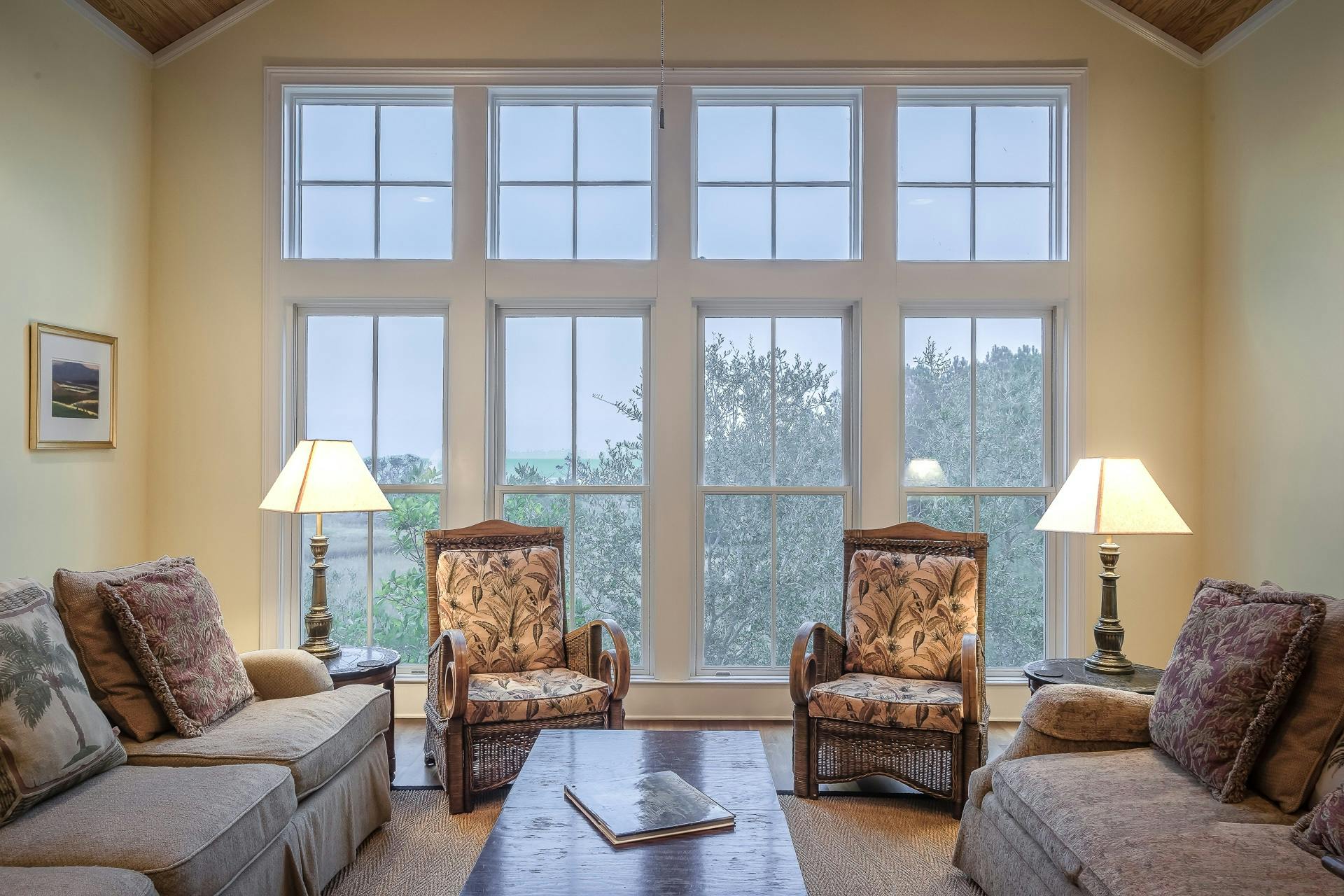According to recent healthcare studies, nearly 40 million Americans are currently living with serious illnesses that may require specialized care. For families navigating these challenging circumstances, understanding the difference between hospice and palliative care, as well as home-based primary care options, becomes crucial to ensuring their loved ones receive the most appropriate support for their unique needs.
Many people ask, “”How is palliative care different from hospice?” While both provide compassionate care for people with serious illnesses, they serve different needs at different stages of illness. There is also frequent confusion about hospice care at home versus home-based primary care. These three terms have distinct meanings but can sometimes overlap when someone progresses through a serious illness. While there are many myths about how to choose the right care for your loved one, there is no one-size-fits-all approach. Each type of care has its own unique features when it comes to how much guidance or treatments are provided.
A Comparison: Hospice vs Palliative Care vs Home Health
| Care Type | Purpose | Illness Stage | Treatment Focus | Location |
|---|---|---|---|---|
| Palliative Care | Symptom relief & improved quality of life | Any stage of serious illness | Can occur alongside curative treatments | Hospital, clinic, or at home |
| Hospice Care | Comfort & dignity in final phase of life | Terminal stage (6 months or less prognosis) | Comfort-focused, not curative | At home, a hospice house, or hospital |
| Home-Based Primary Care | Routine medical care at home | Any stage, especially for homebound patients | Preventive and chronic disease management | Patient’s residence |
Palliative Care
Palliative care provides relief from the symptoms and stress of serious illness, with the goal to improve quality of life for patients and families. It focuses on managing the symptoms of an illness as opposed to curing it through traditional medicine. Palliative care is not hospice care, though they share similar approaches to comfort.
Who Can Benefit from Palliative Care
Palliative care is designed to offer assistance and guidance on how patients can live as comfortably as possible with a serious illness. Unlike hospice, palliative care patients may be seeking aggressive, curative treatments while still receiving this service. Many people ask, “Is palliative care hospice?” The answer is no—palliative care can begin at any stage of illness and does not require a terminal diagnosis.
What Palliative Care Looks Like
Palliative care teams specialize in medical care for people living with a serious illness and co-manage care with their primary doctor. Teams may include nurse practitioners, nurses, social workers, and more. The service supports patients’ physical and emotional needs during a very challenging time in their lives.
What is Palliative Care at Home?
Some palliative care programs provide a nurse practitioner who will make a home visit every 30 days on average, or more often as needed. How often does palliative care come to the home depends on the patient’s condition and needs. These appointments are designed to give patients and families an opportunity to discuss how their condition is affecting them physically, emotionally, and spiritually. The nurse practitioner will also
Palliative Care Costs and Coverage
Many patients ask, “Does Medicare cover palliative care at home?” or “Does insurance cover palliative care at home?” In most cases, palliative care at home is covered by Medicare, Medicaid, and most private insurance plans, though coverage specifics may vary.
Hospice Care
Hospice care is intended to provide enhanced quality of life for people in the last chapter of their lives. It seeks to offer comfort and support so that individuals diagnosed with a terminal illness can achieve peace of mind in the ways that matter to them. Hospice care is palliative by nature, but with a specific focus on end-of-life care.
Who Can Benefit from Hospice Care?
Hospice care offers physical, emotional, and spiritual support those in their final days. To qualify, the patient’s doctor must certify that their life expectancy is six months or less. The difference between palliative care and hospice is primarily in this eligibility requirement—hospice is specifically for patients with terminal illnesses who are no longer seeking curative treatment.
What is Hospice Care at Home?
Hospice care in the home allows patients to remain in familiar surroundings, surrounded by loved ones, while receiving comprehensive care. Hospice care provides regular visits to patients at home or in hospitals, assisted living facilities, and hospice homes. Team members include doctors, nurse practitioners, nurses, certified nursing assistants, social workers, counselors, and chaplains.
Hospice vs Home Health
When comparing hospice vs home health, the key difference is that home health is focused on recovery and rehabilitation, while hospice care is focused on comfort when curative treatment is no longer an option. Hospice care programs provide regular visits depending on the needs of each patient. Nurses can visit up to once a week, certified nurse aides can visit up to twice a week, and chaplains and social workers typically visit bi-weekly or monthly.
Hospice Care Costs and Coverage
Hospice care is covered by the Hospice Medicare Benefit, which typically covers all costs related to care. Medicaid and most private insurance also offer a hospice benefit.

Home-Based Primary Care
Like a modern-day house call, medically complex or homebound patients can be seen by a specially trained healthcare provider in the comfort and safety of their home for routine medical care, like screenings and check-ups. Many providers care for patients in a variety of settings, including a personal residence or assisted living center.
Who Can Benefit from Home Care
Home-based primary care is designed to serve patients who face barriers to accessing routine medical care. When comparing home health vs hospice, it’s important to note that home-based primary care is appropriate for patients at any stage of illness who have difficulty traveling to medical appointments.
What Home Care Looks Like
Some home-based primary care programs focus on general healthcare needs, while others may focus on complex health conditions such as heart disease, congestive heart failure (CHF), cancer, COPD, Parkinson’s disease, and more.
Home Health vs Hospice vs Palliative Care
Understanding the difference between home health and hospice is crucial for families. Home-based primary care (or home health) focuses on managing chronic conditions and preventing hospitalizations, while hospice care focuses on comfort at end of life. Palliative care vs home health differs in that palliative care specifically addresses symptom management and can occur alongside home health services.
Palliative care home health may sometimes be provided by the same organization, as is the case with Carolina Caring, which offers comprehensive services across the spectrum of care needs. Home-based primary care services typically have nurse practitioners on staff who make home visits to medically challenged patients to provide them with basic medical care.
Home-Based Primary Care Costs and Coverage
Home-based primary care is covered by Medicare, Medicaid, most private insurance plans, and private pay.
Frequently Asked Questions About Hospice, Palliative Care, and Home-Based Care
What is the difference between hospice and palliative care?
The main difference between hospice and palliative care is when they are provided and eligibility requirements. Palliative care can be provided at any stage of illness and alongside curative treatments, while hospice care is specifically for patients with a life expectancy of six months or less who are no longer pursuing curative treatment.
Is hospice palliative care?
Hospice care is a form of palliative care that is specifically focused on end-of-life comfort and support. All hospice care is palliative in nature, but not all palliative care is hospice care.
What is the difference between hospice and home health care?
Hospice care focuses on comfort and quality of life for terminally ill patients, while home health care provides medical services to help patients recover from illness or injury, manage chronic conditions, or maintain independence at home.
Can someone receive both palliative care and curative treatments at the same time?
Yes, unlike hospice, palliative care can be provided alongside treatments aimed at curing the illness or extending life.
What is palliative care at home?
Palliative care at home involves specialized medical care focused on relieving symptoms and improving quality of life for people with serious illnesses, delivered in the comfort of their own home.
Does Medicare cover palliative care at home?
Medicare typically covers palliative care services when they are deemed medically necessary and provided by Medicare-certified providers, though coverage specifics may vary.
If someone begins hospice care, can they change their mind?
Absolutely. Patients can choose to leave hospice care at any time if they wish to pursue curative treatments or for any other reason.
What is hospice care in the home?
Hospice care in the home provides comprehensive end-of-life care including pain management, symptom control, emotional support, and spiritual care for terminally ill patients who wish to remain in their home environment.
How do I know which type of care is right for my loved one?
A healthcare provider can help determine the most appropriate care based on your loved one’s medical condition, prognosis, and personal preferences. Carolina Caring can also provide guidance on which services might be most beneficial.
Where Can I Find Palliative Care, Hospice Care and Home-based Primary Care in North Carolina?
If you are caring for someone with a serious illness and trying to understand the difference between palliative care and hospice, or exploring options for home-based care, Carolina Caring can help. The nonprofit offers palliative care at home, hospice care in the home, and home-based primary care to bring comfort and support throughout the patient’s journey. From diagnosis to treatment, services are available in a variety of settings, including your personal residence.
Whether you’re looking for information about hospice vs palliative care, trying to understand what hospice care at home is, or determining if palliative care home health services are right for your loved one, Carolina Caring’s team of compassionate professionals works to ensure that patients receive personalized care that addresses their unique needs and wishes. With decades of experience serving the community, Carolina Caring provides not just medical support, but emotional and spiritual guidance for both patients and their loved ones.




